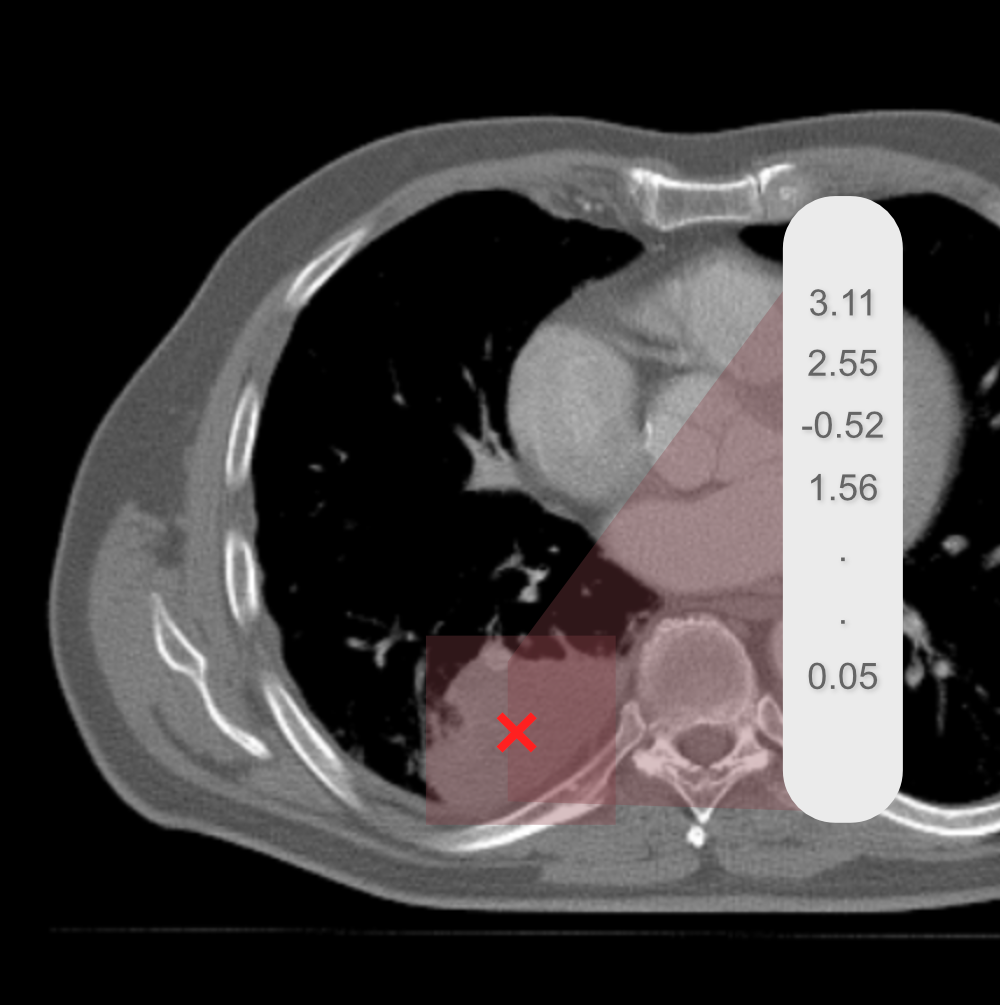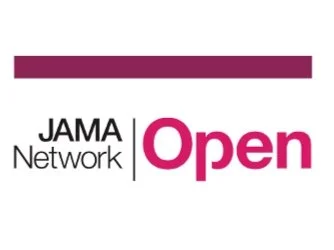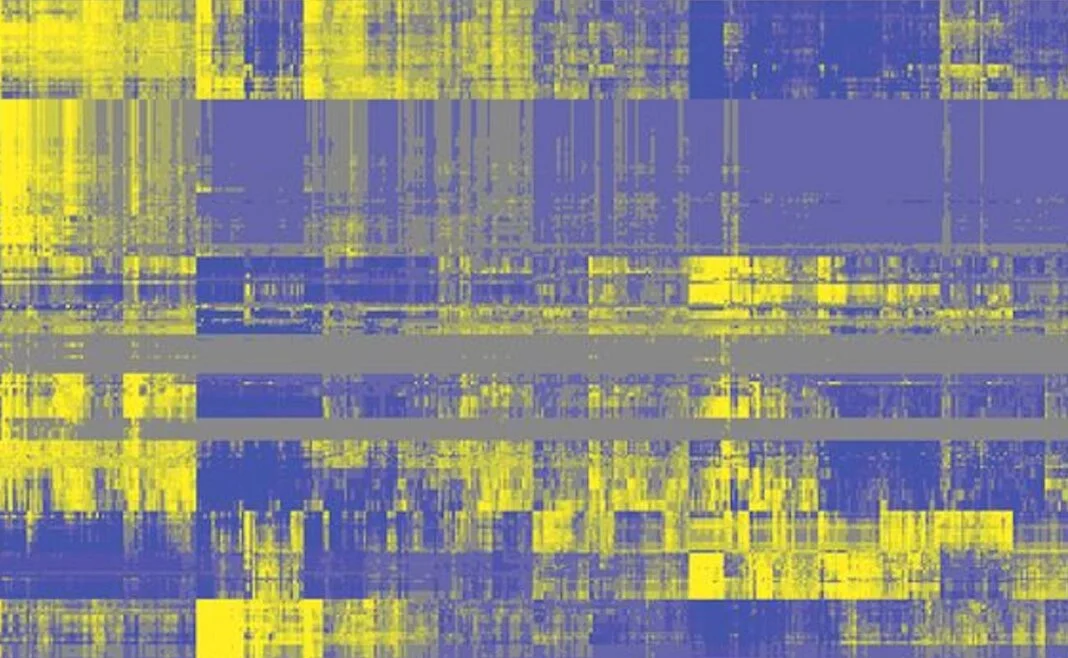Frank Hoebers
Research Fellow

Frank Hoebers, MD PhD is a Radiation Oncologist at Maastro, the Netherlands and an assistant professor at the Faculty of Health, Medicine and Life Sciences of Maastricht University, the Netherlands. Currently, he is a visiting research-scholar at AIM Harvard Medical School and Brigham Women’s Hospital.
He received his training in Radiation Oncology at the Netherlands Cancer Institute in Amsterdam, the Netherlands. Dr. Hoebers obtained his PhD from the University of Amsterdam, the Netherlands. He has completed a fellowship in head and neck radiation oncology at the Department of Radiation Oncology at the Princess Margaret Hospital in Toronto, Canada.
As a Radiation Oncologist he is combining a clinical appointment with a research position. His scientific research has been focused on the identification of predictive and prognostic factors in head and neck cancer and he has received several national and international research-grants in this field.
He has a special interest in the clinical applications of artificial intelligence in medicine, which will contribute to the concept of personalized medicine. Through this research he wants to narrow the gap between clinicians and data-scientists in the field of AI, increase the acceptance in the medical community and ultimately improve implementation.
For his current position at AIM, dr. Hoebers has been award a personal research fellowship by the Hanarth Fund on a project entitled “Predicting radiological extranodal extension in oropharyngeal carcinoma patients using AI”.
email: fhoebers@bwh.harvard.edu
linkedin: https://www.linkedin.com/in/frank-hoebers-43608265/
Research Highlights
Novel deep learning system for estimation of biological age from face photographs
Guidelines for studies using large language models
Responding to patient messages using LLMs
AIM Researchers build foundation model to discover new cancer imaging biomarkers
AIM study investigates if AI can highlight social determinants of health from clinical notes
AIM investigators developed AI to track muscle mass for children through young adulthood
AIM researchers investigate ChatGPT for its ability to provide cancer treatment recommendations
In Nature Comm, AIM scientists show that AI applied to X-rays can be used as a new biomarker source in cancer.
AIM investigators published a clinical evaluation of AI algorithms to screen for extranodal-extension on CT.
In Nature Medicine, AIM and TRACERx investigators show the importance of AI-based body composition.
A recent publication validated a lung cancer prediction model in 14,737 patients from Mass General Brigham.
We developed an AI model that can accurately predict distant metastases after treatment for lung cancer patients.
In Lancet Digital Health, we published a clinical validation of deep learning algorithms to target lung cancer tumors.
In this paper we demonstrate that deep learning applied to x-rays can be used as a new biomarker source.
In Cancer Cell, we published our perspective on the impact of AI in Clinical Oncology.
In Nature Comm, we show that deep learning can automatically predict cardiovascular events.
We developed several heart segmentation algorithms that work on gated and non-gated CT scans.
AIM investigators describe their view on AI reproducibility and transparency.
An automated deep-learning approach based on chest x-rays can improve lung cancer screening.






























